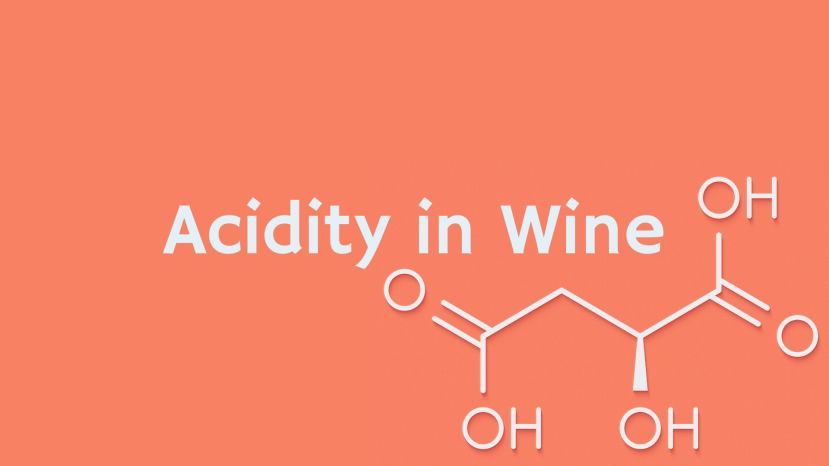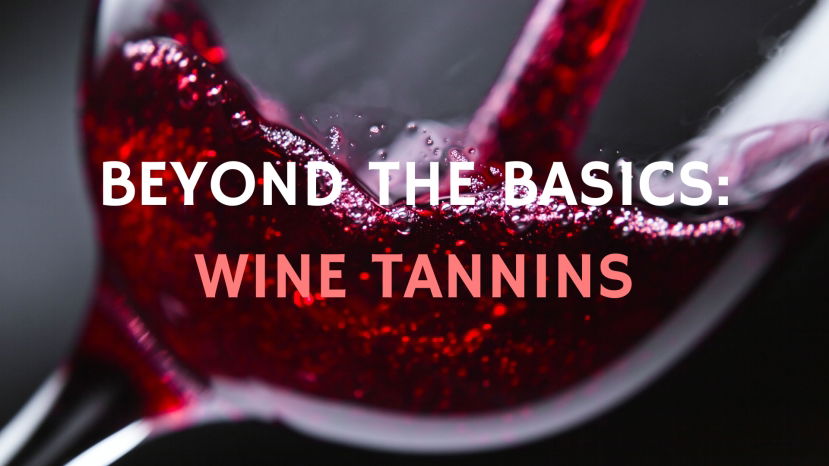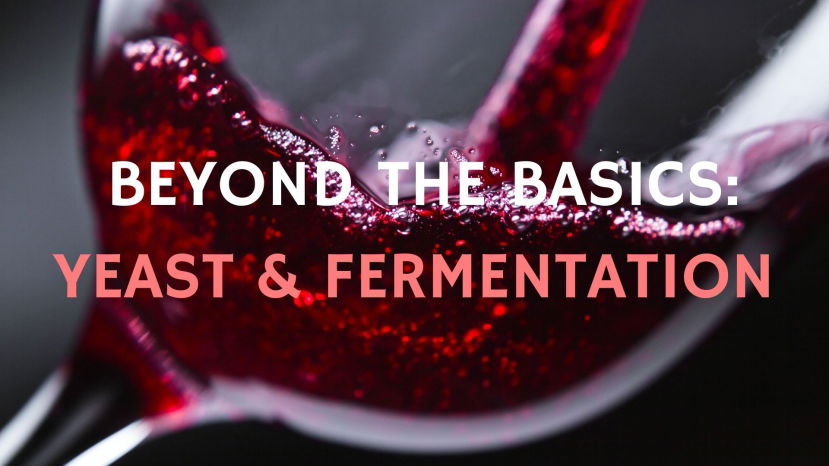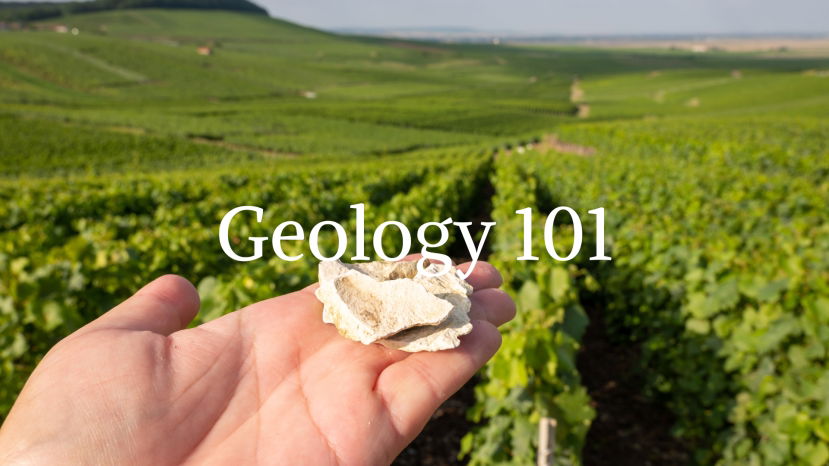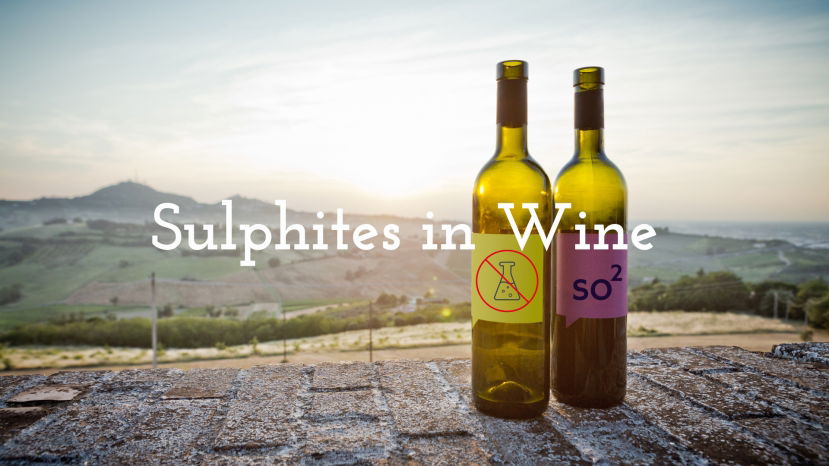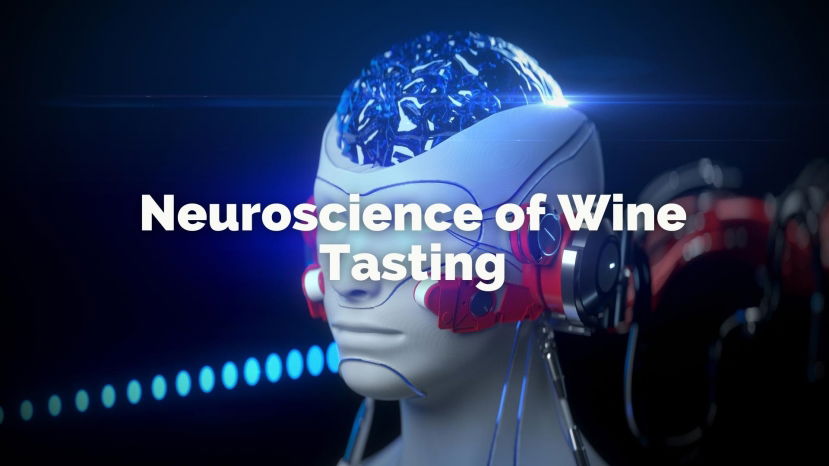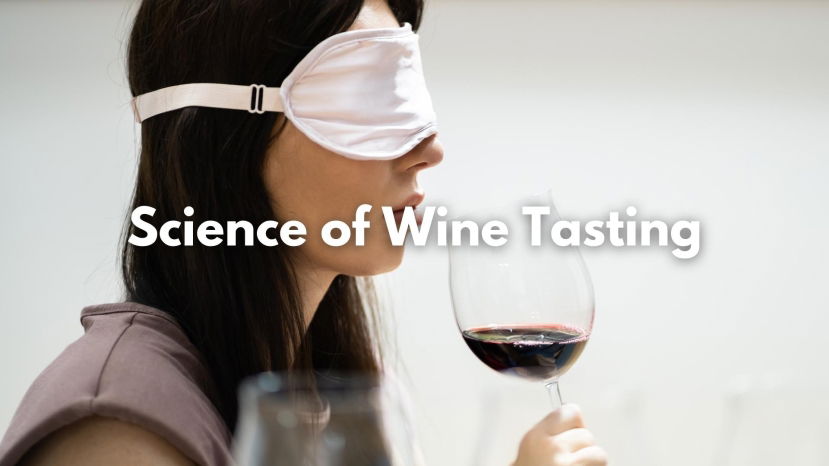BLOG
Wine Geek Essentials
Summary: Join vigneron Olivier Humbrecht MW, of the famed estate Zind Humbrecht in Alsace, for a deep dive into one of the key building blocks of wine: acidity! In this WSG Live, you will learn about: The different types of acids found in grapes and wine and their sensory perception How to not only quantify but qualify acidity in wine The viticultural factors influencing
Summary: Polyphenols, in particular anthocyanins and tannins, are the main contributors to wine color and mouthfeel, and are strongly related to the wine quality evaluation. In this WSG Live, an introduction to tannin's origin in grapes, evolution during ripening and extraction in the winemaking process will be explained. Moreover, the implication of the technological approach to vinification will be discussed, such as maceration style or the use of oak containers.
Summary: Join winemaker Olivier Humbrecht MW, of famed estate Zind Humbrechtin Alsace, for a deep dive into these key components of winemaking: yeast and fermentation! Presenter: Olivier Humbrecht, MW Olivier Humbrecht studied wine together with wine marketing and wine business for five years in Toulouse, and then got the chance to do his ‘military service’ working for
Summary: This webinar will dig into the basics of rocks and soil, and their respective roles in defining a site’s terroir. This discussion will give you the terms, tools, and scientific foundation to discuss terroir like a pro. We will explore the different types of rocks, how they form, and in which wine regions across the globe you can expect to find them.
Summary: The use of Sulphur Dioxide (SO2), often just referred to as “sulphites”, in winemaking has become a much-debated and even sometimes emotive topic in the 21st century. In the last few decades with the growth of the natural wine movement, excess use – or sometimes any use – of SO2 has become increasingly frowned on. Some wine drinkers even claim they are intolerant to
Summary: Your brain —and all its sensory extensions in our eyes, nose and mouth— is your essential “tool” to perceive, remember and judge all the sensory components of wine. But do you really know how your wine-tasting “tool” works? Current advances in neuroscience are profoundly modifying our knowledge of the sensory and cognitive mechanisms of wine tasting and invite us to revisit the art of tasting. Bridging the gap between oenology, psychology and neurophysiology,
Summary: Wine tasting is an unique perceptual experience which endeavors to unify the numerous molecules present in the wine (and the elements around the wine) into a meaningful representation in our mind. Wine tasting often focuses on the object of the experience, that is

